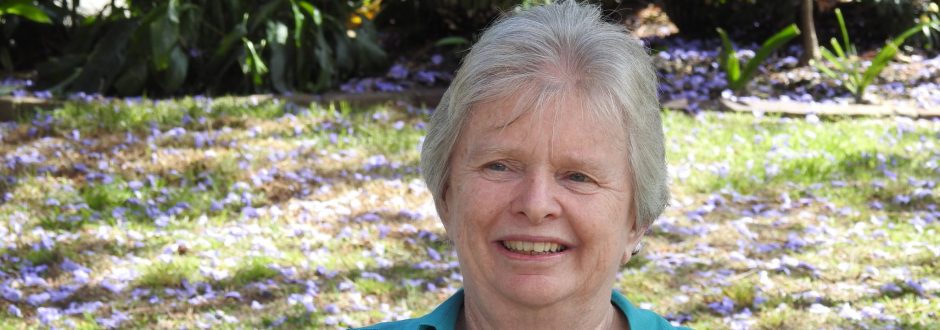Christmas, the birth of divinity into humanity, is a profound and most challenging reality that goes beyond narrow logic and empirical evidence; it requires long and prayerful stillness which only faith can reveal, writes Good Samaritan Sister Clare Condon.
BY Clare Condon SGS
So often at this time of year when many Australians gather with families and have their annual holidays, we read articles in the magazines of weekend newspapers about the so-called “slow living movement”. This movement has much to commend it.
There are retreats, weekend courses, specialist places, often in the country, promoting the practice of yoga and other meditative activities, all of which are advertised as offering a new approach to life, a wholeness of body, mind and spirit, and a more balanced lifestyle to counter the busyness and frenzy of twenty-first century city living.
However, it seems to me that these “slow living” experiences are often very self-centred with an individualistic focus, and are simply about the material world of the here and now. The “slow living movement” is clearly a secular movement.
What seems to be missing from it, and which has become less obvious in the Christian tradition, is the ancient practice of contemplation and meditation. Christian contemplation and meditation uses many of the same practices of stilling oneself, but with an ultimate outward focus of seeking God at the heart of one’s being in order to engage with others in a compassionate response. This is the very core of Christian belief and spirituality. Without such a spirituality, Christianity is merely a matter of rules and doctrines, and has no power to capture the human heart.
Surely the Feast of Christmas is about such stillness and contemplation. The underlying reality of the Christmas story is one of mystery; it’s hard for us mere humans to grasp. It is about God becoming one of us, of God being enfleshed as we are on this planet earth. Such a reality is awe-inspiring, but also demands a conscious and committed response. Such a mystery calls forth a personal centering, a contemplative and meditative stance, where I need to be quiet and attentive to all that such an incarnation means for me and for humanity.
Recently I heard someone say that Christmas is for children and Easter is for adults. I think not. Christmas, the birth of divinity into humanity is a profound and most challenging reality that goes beyond narrow logic and empirical evidence; it requires long and prayerful stillness which only faith can reveal. As the psalmist prayed: “Be still and know that I am God” (Psalm 46:10).
Perhaps the gift of the “slow living movement” is that by inviting people to slow the pace of their lives and to enter into an inner space of quiet and reflection, they can reach in and experience another reality, the voice of God.
I believe that once the human heart touches the power and reality of Christ incarnate in one’s own life, then there is no turning back to the busy and frenzied activity of self-fulfilment in the here and now. Rather, one is made aware of the beauty and the challenge of living life fully in the presence of an all-merciful spirit of God, who invites us to live a merciful and compassionate life.
What a gift this could be for all people over this coming season of Christmas! What a gift this could be for our troubled and anxious world!
